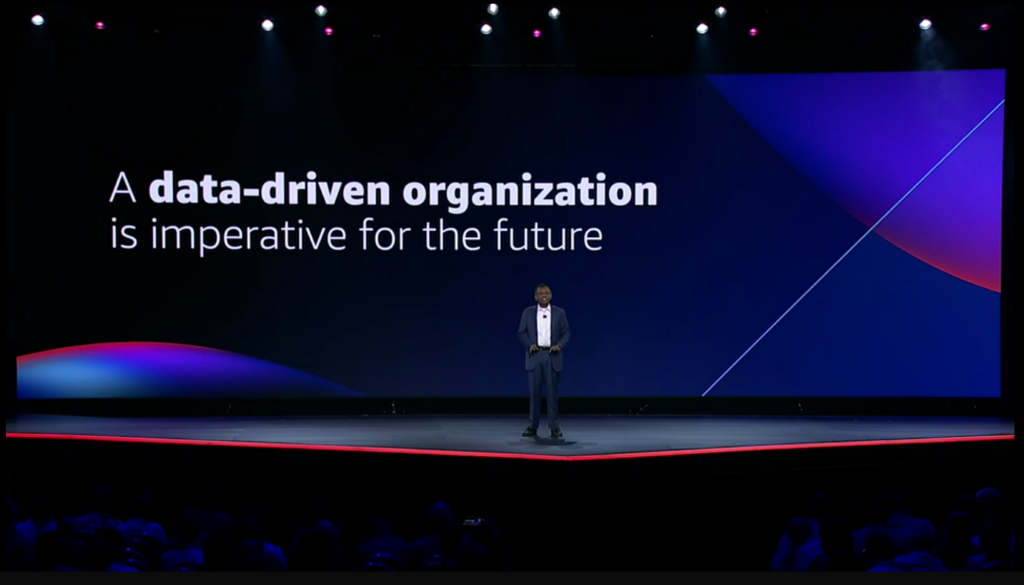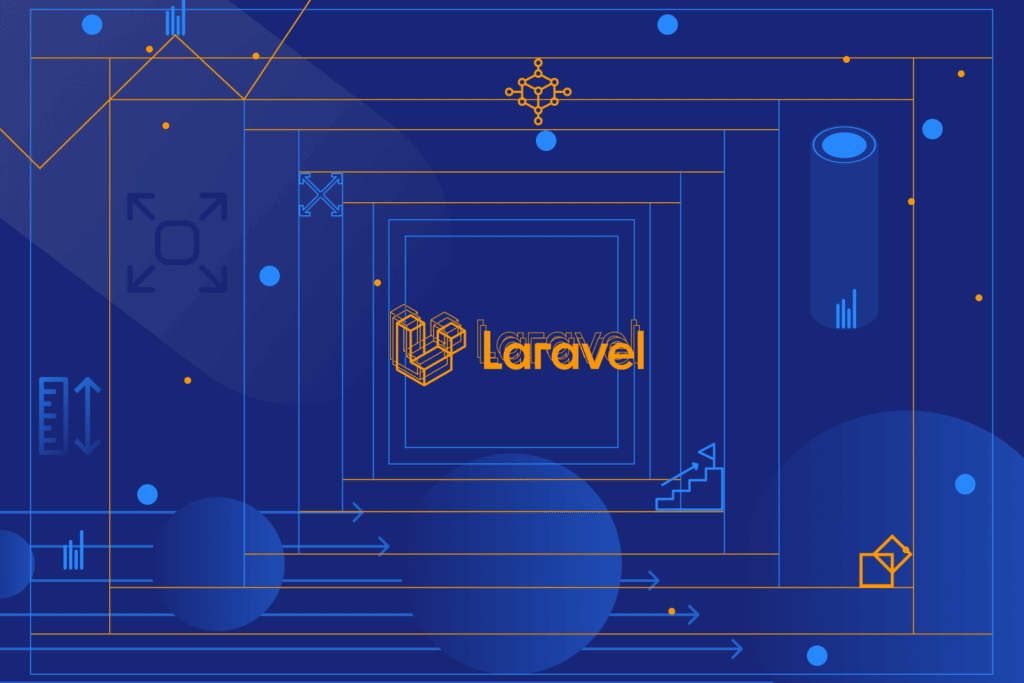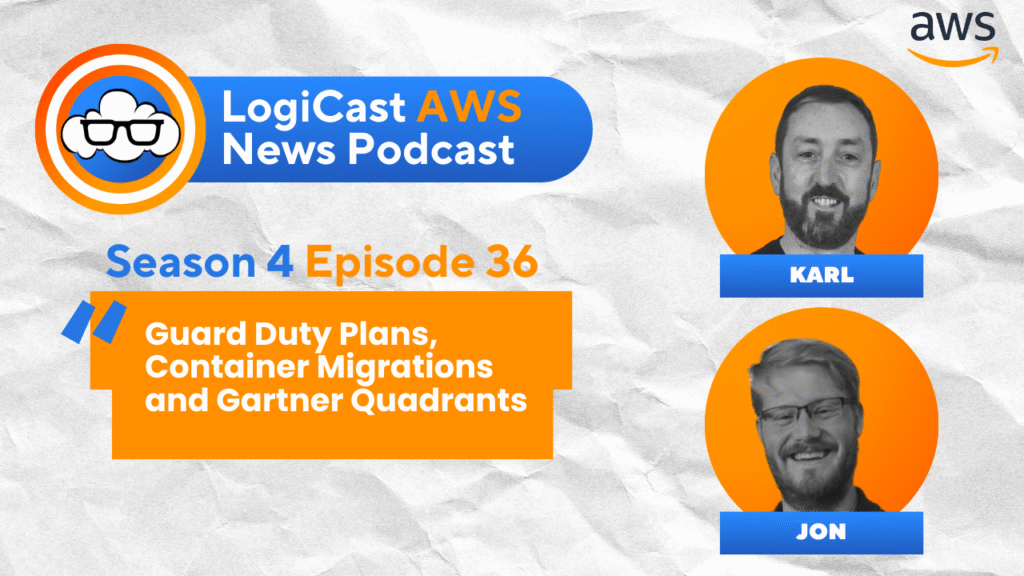
Logicata AI Bot
July 28, 2025
The Logicata AI Bot automatically transcribes our weekly LogiCast AWS News Podcasts and summarises them into informative blog posts using AWS Elemental MediaConvert, Amazon Transcribe and Amazon Bedrock, co-ordinated by AWS Step Functions.
In this week’s episode of LogiCast, the AWS News podcast, host Karl Robinson and co-host Jon Goodall were joined by special guest Pieter VanIperen, CIO and CISO at AlphaSense. The discussion covered a range of AWS-related topics, focusing heavily on security concerns and recent developments in AI and cloud technologies.
Beyond IAM Access Keys: Modernizing Authentication in AWS
The first topic of discussion centered around an AWS Security blog post titled “Beyond IAM Access Keys: Modern Authentication Approaches for AWS.” Jon emphasized the importance of moving away from long-lived IAM user credentials and access keys, which are now considered outdated and less secure.
Jon highlighted several recommended authentication methods:
1. AWS CloudShell for CLI access: Pre-authenticated and ready to use without the need for local credential management.
2. AWS Identity Center (formerly SSO): Provides temporary credentials for CLI access.
3. OIDC (OpenID Connect): Allows for temporary credentials tied to specific repositories and branches.
Pieter added his perspective, noting that while these modern authentication methods are beneficial, there’s still a significant challenge in getting users to adopt them. He stated, “There’s in my sense like this article is great, it’s helpful, but even if you go through the steps in here aside from CloudShell, which is probably, although in Jon’s example, I actually agree with him, and I think it would be useful to use it that way. But in most cases, I actually think people try to use CloudShell as they would completely use the normal command line.”
Pieter emphasized the need for simplification in cloud security practices: “We don’t necessarily need more methodologies. What we need is simple and precise methodologies.” He called on cloud providers to make secure practices the default and to remove options that are inherently less secure.
SRA Verify: AWS Security Reference Architecture Assessment Tool
The conversation then moved to a new AWS tool called SRA Verify, which is designed to assess compliance with AWS Security Reference Architecture (SRA) guidelines. Jon explained that SRA Verify provides automated checks for security tool deployments within AWS environments.
While Jon saw potential value in the tool, particularly for companies new to cloud environments, Peter expressed a more cautious view. He noted, “I think there’s, there’s, uh, That SRA itself I think is more exciting and being able to look at the well architected, I, I question. How much the verified tools is really gonna bring to bear to the market versus um Again, making some of this happen by default, right?”
Pieter suggested that cloud providers should consider including basic security measures as part of enterprise-level pricing, stating, “We might need to start looking at what it looks like to have kind of like cloud playground pricing versus like cloud enterprise pricing, where it’s like if you are actually legitimately running this for a production business, like, we’re gonna require you to be on enterprise pricing and we’re gonna give you basic security as part of that.”
MCP: Model Context Protocol and Its Implications
The discussion then turned to the Model Context Protocol (MCP), a relatively new concept in AI that has gained significant attention. Pieter shared his perspective as a CIO, noting that while MCP is still in its early stages, many companies are already exploring its potential uses.
Pieter emphasized that the security concerns around MCP are not as severe as some might fear: “I think people are actually taking a security first view there. I, I think the idea that MCPs are running around in companies having unfettered access to data, uh, is not happening.”
Jon added that many of the security issues related to MCP are not new, drawing parallels to previous challenges like unsecured S3 buckets. He stressed the importance of basic security hygiene in mitigating these risks.
The CLOUD Act and Its Impact on Data Privacy
The podcast then delved into a discussion about the CLOUD Act (Clarifying Lawful Overseas Use of Data Act), a U.S. law passed in 2018. Pieter, speaking from his experience in the U.S., explained that the law doesn’t significantly change existing practices and is primarily aimed at addressing serious crimes and security threats.
Pieter stated, “This isn’t something that’s particularly novel, right? This has been going on around the world, the UK, to your, your point of, of the non-US citizens over there, has uh equivalent laws that exist, um, and so do many other countries.”
Jon noted that AWS’s decision to publish an article about the CLOUD Act in multiple languages suggests ongoing concerns, particularly in Europe, about data sovereignty and access.
Compromised Amazon Q Extension: A Wake-Up Call for Open Source Security
The final topic of discussion centered on a recent security incident involving a compromised Amazon Q extension for VS Code. The malicious code, which instructed an AI to delete files, managed to slip through Amazon’s review process.
Jon expressed surprise that such an obvious malicious change made it through, while Pieter used this incident to highlight broader issues in open source security. Pieter emphasized, “This is not an AI problem. This is a supply chain open source uh ownership problem.”
Both Jon and Pieter agreed that this incident underscores the need for better funding and support for open source projects, with Peter suggesting, “Maybe the fact that this hit Amazon and Amazon is getting some bad press, again, Amazon being in a position of scale, maybe AWS helps to do something about this, right?”
Conclusion
This episode of LogiCast highlighted the ongoing challenges in cloud security, from authentication methods to open source vulnerabilities. As AWS and other cloud providers continue to innovate, it’s clear that security practices must evolve to keep pace with new technologies and threat landscapes.
This is an AI generated piece of content, based on the Logicast Podcast Season 4 Episode 30.





